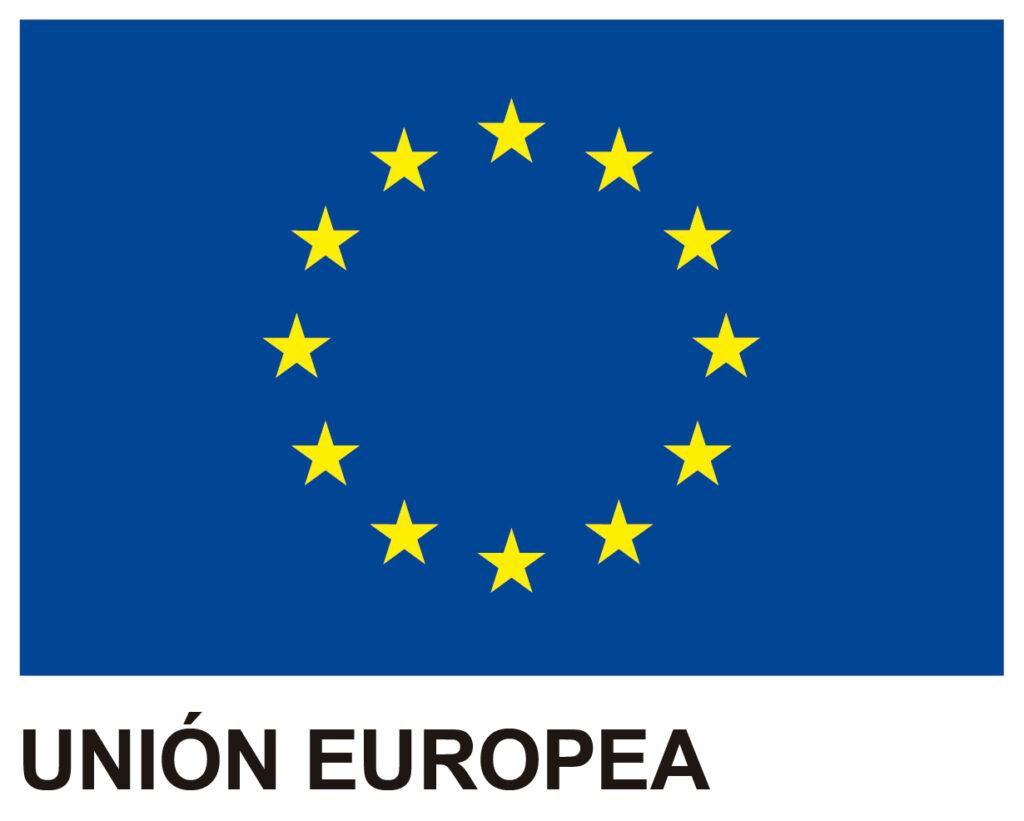The European Parliament and Council Directive on Corporate Sustainability Reporting, By companies or Corporate Sustainability Reporting Directive CSRD for short, was published on December 14, 2022. It aims to address the demand for sustainability information from society and stakeholders, covering environmental, social, human rights, and governance factors.
What Drives the CSRD Directive?
It’s worth noting the extensive legislative activity that has been taking place in recent years regarding sustainability reporting and ESG indicators (environmental, social, and governance management). This includes regulations related to non-financial reporting, due diligence, carbon footprint management, and environmental sustainability taxonomy for investments.
With the entry into force of the CSRD Directive, a common framework for reporting on non-financial information is established in Europe, and requirements related to social, environmental, and governance reporting are updated, strengthened, and standardized.
Furthermore, as mentioned in Recitals 13 and 14 of the Directive, it aims to address the issues detected in the effectiveness of previous related regulations,as many companies are considered not to provide significant information on all important sustainability topics, especially climate-related information..
Additionally, it is determined that there is a significant problem with the limited comparability and reliability of sustainability information. Therefore, it is clear that a strong and affordable information reporting framework, accompanied by effective auditing practices, is needed to ensure data reliability.
Scope of Application
The Directive applies to the following types of companies according to the following schedule:
- 2024: Large companies with an average of 500 employees.
Starting from January 1, 2024, it applies to large companies that are public interest entities and exceed an average of 500 employees at the balance sheet closing date for the financial year. It also applies to public interest entities that are parent companies of large groups and exceed an average of 500 employees at the balance sheet closing date, consolidated.
- 2025: Large companies and their parent companies meeting specific balance sheet, turnover, and employee criteria.
Starting from January 1, 2025, it applies to large companies and parent companies of large groups (on a consolidated basis) that exceed two out of three of the following criteria at the balance sheet closing date: (i) total balance of EUR 20 million (ii) net turnover of EUR 40 million (iii) an average number of employees of 250 during the financial year.
- 2026: Captive insurance companies, SMEs, and others that are not micro-enterprises.
Starting from January 1, 2026, it applies to captive insurance companies and small and medium-sized enterprises that are public interest entities and not micro-enterprises.
- A small enterprise is one that, at the balance sheet closing date, does not exceed the numerical limits of at least two of the following three criteria: (i) total balance of EUR 4,000,000 (ii) net turnover of EUR 8,000,000 (iii) an average number of employees of 50 during the financial year.
- On the other hand, a medium-sized enterprise is one that does not meet the requirements to be considered a micro-enterprise or a small enterprise and, at the balance sheet closing date, does not exceed the numerical limits of at least two of the following three criteria: (i) total balance of EUR 20,000,000 (ii) net turnover of EUR 40,000,000 (iii) an average number of employees of 250 during the financial year.
Relevance of the Double Materiality Concept
The Directive introduces a novelty in sustainability materiality. Concept of materiality can be defined as those environmental, social, and governance issues that are particularly relevant due to their impact on the organization’s environment (environmental, employees, customers), directly or indirectly, both for the organization and its stakeholders.
Previously, when materiality was discussed, the focus was mainly on the importance or relevance of an issue (e.g., climate change, biodiversity, gender pay gap) in terms of its impact on social or environmental sustainability.
However, the introduction of the concept of double materiality represents a novelty compared to the perspective that has been worked on until now. Double materiality obliges companies to report on their impacts on people and the environment, as well as on how sustainability issues create financial risks and opportunities for the company. This is a paradigm shift and also focuses on the financial effects of such issues within an organization.
The introduction of this double materiality concept facilitates information for investors who had not sufficiently taken into account sustainability-related risks and opportunities in their investment decisions. It represents a significant change and a more realistic approach to the existing financial and investment operations, which increasingly consider these issues.
ESRS: Reporting Standards
It is important to note that on July 31, 2023, the first set of Reporting Standards (ESRS) was determined. These standards provide a content framework or guide on which organizations must work to develop and subsequently present relevant sustainability information in a complete, relevant, and comparable manner, both in relation to other companies and their own evolution within the scope of this regulation.
What Do These ESRS Standards Cover?
These standards, with the same scope as the Directive, will not enter into force until the relevant legislative formalities are completed and published in the Official Journal of the European Union. In any case, there are 12 main reporting blocks defined:
- General requirements
- General disclosure
- Climate change
- Pollution
- Water and marine resources
- Biodiversity and ecosystems
- Sustainable resource use and circular economy
- Employees or workforce
- Workers in the supply chain
- Affected communities
- Consumers and end-users
- Business conduct
Opportunities and Benefits of Sustainability
Compliance with this Directive, in addition to being a legal obligation for certain companies, should be seen as a great opportunity for any company to continuously improve its business processes, whether social, environmental, governance, or even financial. It also helps improve transparency, reputation, and image with stakeholders, given the increasing importance of these issues to customers, shareholders, or employees, among others.
How does this benefit companies?
The application of the Directive in organizations allows access to the relevant information that these stakeholders require proactively, increasing their confidence in each organization.
In this regard, legislators express that, as stated in Recitals 9 and 12 of the Directive:
- “Companies themselves will benefit from the presentation of high-quality information on sustainability issues.
- The increase in the number of investment products that aspire to achieve sustainability objectives means that good sustainability information can improve companies’ access to financial capital.
- The presentation of sustainability information can help companies identify and manage their own sustainability-related risks and opportunities.
- It can serve as a basis for better dialogue and communication between companies and their stakeholders and can help companies improve their reputation.
- In addition, a coherent basis for sustainability information in the form of sustainability reporting standards would mean that relevant and sufficient information would be provided to significantly reduce ad hoc information requests.”
- If companies improve sustainability information, this will ultimately benefit citizens and savers, including unions and worker representatives, who will be adequately informed and, therefore, better able to participate in social dialogue.
- Savers who wish to invest sustainably will have the opportunity to do so, and all citizens will enjoy a stable, sustainable, and inclusive economic system.
GlobalSuite Solutions: Your Partner in CSRD Compliance
With GlobalSuite Solutions, your organization will be prepared to comply with all national and European sustainability regulations through the GlobalSuite® software, in which exercises related to sustainability, such as Materiality analysis, ESG risk analysis, or Taxonomy analysis, can be conducted directly. Additionally, given the complexity and amount of information to be collected, the use of the GlobalSuite® solution allows for centralized information gathering, unifying it in a single module, making this process more efficient, organized, and traceable through surveys directed at various stakeholders within an organization or business group.




